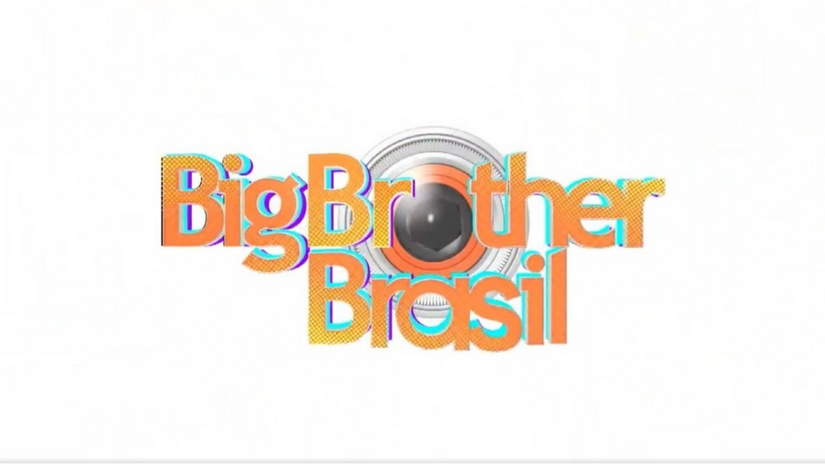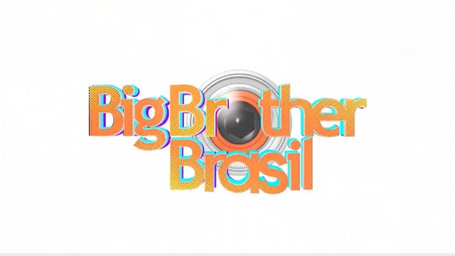Although it took place in February of this year, in the ephemeral digital world, the performance of the brazilian rapper Karol Conká on the reality show Big Brother Brasil was lost in the immensity of networks. But despite leaving the trending topics, it continues to leverage discussions about more diverse social themes.
Almost three months after the event, the episode is still complex, representing a current phenomenon of the 21st century that encompasses the way in which society views activism and militancy: is politically correct in fact being politically correct? We spoke with Caróu Oliveira, a researcher engaged in social struggles, in an attempt to expand our horizons on this subject.
It is no surprise to anyone that the world of activism is not well liked in the media, that insists on spreading an image of inconvenience and arrogance. Even so, with the emergence of social networks, individuals with the same political position met and social walls were erected, which, in theory, further isolates activist collectives from the rest of society – even if their engagement is based on the ills of the groups excluded by the majority.
Thus, when the digital environment was formed in this separatist way, members of different bubbles, limited by their own experience, embodied the superiority of those who see everyone else as ignorant. Unfortunately, as Caróu stated during the interview, activism did not leave this insight in Brazil: “We have a cultural construction that hierarchies those who ‘know’ in relation to those who ‘don’t know’, that is why the role as an activist educator is often arrogant.” she completes.

Therefore, the most shocking problem for the audience that witnessed the episode was the annulment of the socio-cultural background and plurality of an individual. As Oliveira pointed out when asked about the phenomenon of cancellation, “it is an unilateral decision that does not consider the complexity of the subjects, that is why it finds space in the digital environment; in real life we know that you don’t cancel people like that.” However, this is just one of the many faces of 21st century activism, and one must pay attention to the fact already mentioned in this article: activism bothers, and every time it stumbles, it will be like an atomic bomb for the media.

Furthermore, as in a machine, all gears work for a common purpose that favors groups over others, so when one of these gears revolts and is dissatisfied with its place in that environment, it is understandable that all the others work to suppress the rebellious sin returns to its axes. Bringing this metaphor to reality, it is normal for changes to generate automatic strangeness and discomfort in a comfortable environment, since the dominant group has no interest in changing what it favors. This is what Caróu explains, “there is no activist society, there are individual activists” which does not negate the fact that one of the objectives of any struggle is to awaken more and more people to a problem, exercising the empathy annulled by machinations born out of ethnocentrism socio-cultural.
According to this scenario, you may have heard the propaganda of anti-activism groups running social media and even family lunch: “The world is boring.” The catchphrase of anyone who has lost his right to publicly express prejudice against what was once considered a joke. This makes it a little confusing, since this fans represent the same group that clashes with the feminist march. What society does not think is that the world has always been boring for minorities. And it is in this medium that activism fits in, it is born out of the indignation of a group and it becomes the struggle of an entire piece of the great social machine. Therefore, extreme reactionary ends, such as the culture of cancellation combined with the boycott, are proportionately small side effects of a historical process that killed and excluded for millennia.

As mentioned earlier, the cancellation suffered by public figures (in this case, figures engaged in some social struggle) comes from a culture of imperfect beings. People who live on the internet have expectations about third parties looking for a model to follow, as if thinking “perfection exists and can be achieved” and when the idol shows himself to be an ordinary human being, there is a fusion between disappointment and satisfaction, since that entity has been lowered in its esteem, showing itself to be someone who is not so morally better. However, Caróu pointed out, “all people have defects and are difficult to deal with, this inconvenience is not exclusive to those who say they are militants.”
Based on what was presented, one can see the full plate that opponents of radical changes receive, whenever activists make a public ‘mistake’. The reality is that, in the media, “the concepts of activism are saturated with practices of small power, selfishness and arrogance.” It is seen that the sphere of activism should not be reduced to the question of the politically correct, in addition to being a human movement, leaning to failures. Therefore, it is not possible to erase the history of social rights and highlight only what is exposed in the world of social networks, where anonymity is in control.
———————————————————————
The article above was edited by Carolina Rodrigues.
Liked this type of content? Check Her Campus Casper Libero home page for more!


